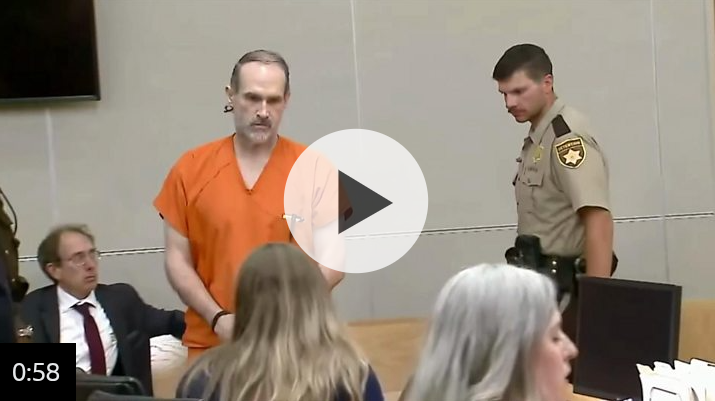Kash Patel Critiques Nancy Pelosi’s Insider Trading and Media Influence
Kash Patel has recently turned his attention to Nancy Pelosi, raising serious concerns about her alleged involvement in insider trading. Patel claims that Pelosi, along with numerous other members of Congress, has profited immensely from trading stocks based on non-public information. He argues that these individuals, who are responsible for drafting legislation and allocating funds, have an unfair advantage that allows them to capitalize on market movements. Patel’s remarks highlight a broader issue of ethical transparency within the halls of Congress, where the line between public service and personal gain often appears blurred. His comments suggest that such practices are not only unethical but also undermine public trust in government institutions.
During his appearance on the “Paul Ryan Show,” Patel didn’t hold back in his criticism of the media’s role in amplifying the voices of politicians like Pelosi. He expressed disdain for what he described as a relentless pursuit of media attention by many in Congress. According to Patel, these individuals are more focused on securing airtime and maintaining relevance than on addressing the needs of the public. He contrasted this behavior with his own indifference toward media appearances, stating that he would be happier without the constant spotlight. Patel’s remarks paint a picture of a political culture where self-promotion often takes precedence over genuine public service.
When questioned by Ryan about whether government officials should be invited on media platforms at all, Patel offered a nuanced perspective. He emphasized the importance of holding these officials accountable through neutral and unbiased questioning. Patel stressed that this approach should transcend partisan lines, focusing instead on factual accuracy and integrity. He cited examples of misinformation surrounding high-profile issues like Russiagate, impeachment, and the January 6th insurrection, arguing that media outlets have a responsibility to challenge false narratives. Patel’s stance underscores the need for a more rigorous and impartial media environment that prioritizes truth over sensationalism.
Patel’s critique extends beyond individual politicians to the systemic issues that enable such behavior. He pointed out that the revolving door between government and media creates a cycle where officials leverage their positions for personal and professional gain. This dynamic, according to Patel, perpetuates a culture of opportunism that detracts from the core principles of democracy. By calling out these practices, Patel aims to spark a broader conversation about accountability and reform within both political and media circles. His comments serve as a reminder of the importance of transparency and ethical conduct in public service.
Ultimately, Patel’s remarks on Nancy Pelosi’s alleged insider trading and the media’s role in amplifying political figures reflect a deeper concern about the state of American democracy. He challenges the public to question the motives and actions of those in power, urging greater scrutiny of both elected officials and the platforms that amplify their voices. Patel’s candid commentary invites a reevaluation of the values that guide our political and media landscapes, emphasizing the need for integrity, accountability, and a commitment to the public good. His words resonate as a call to action for citizens and institutions alike to demand better from those who wield influence.
.






